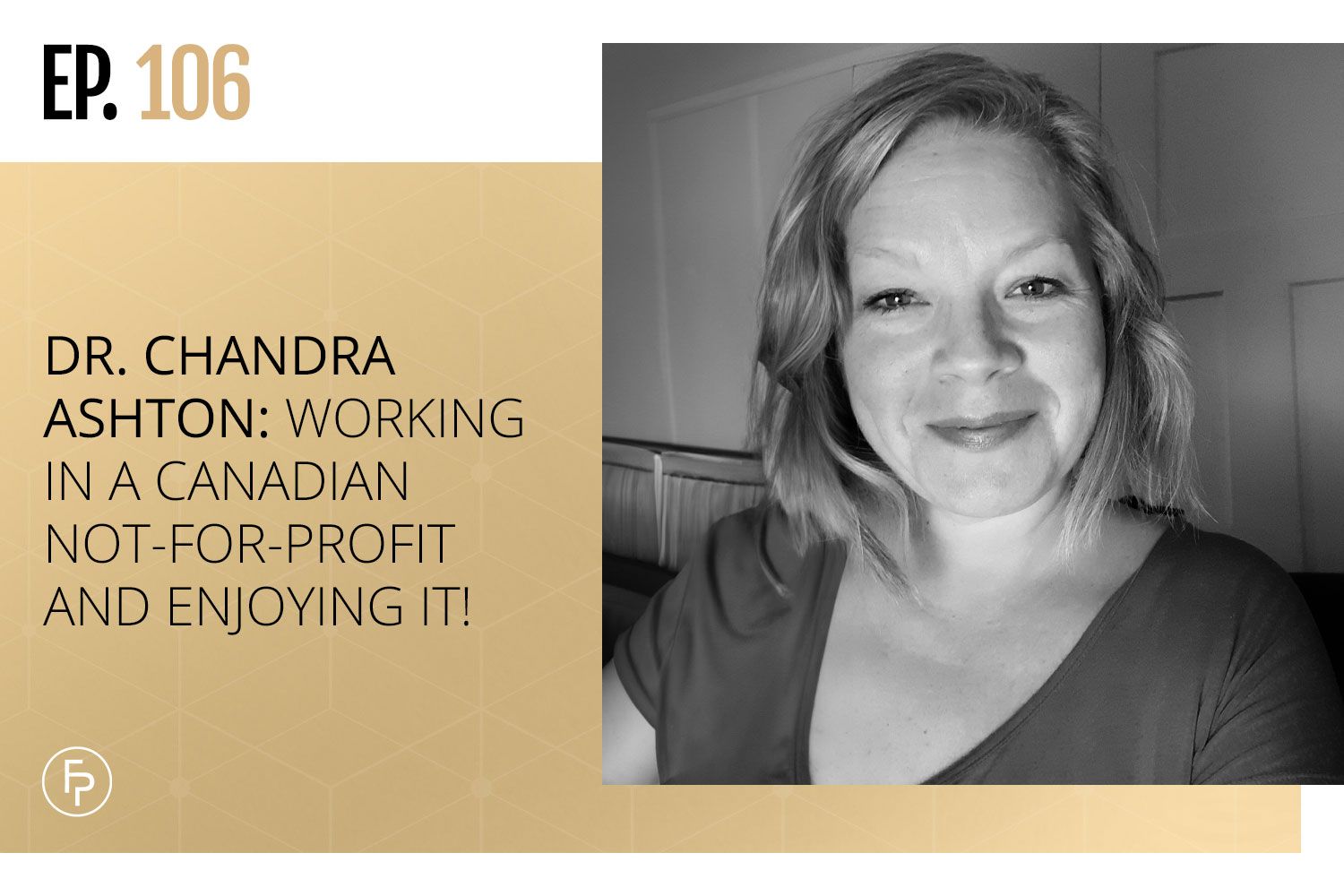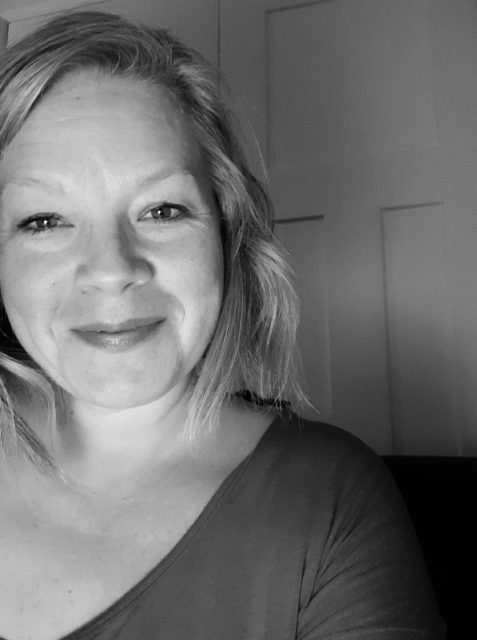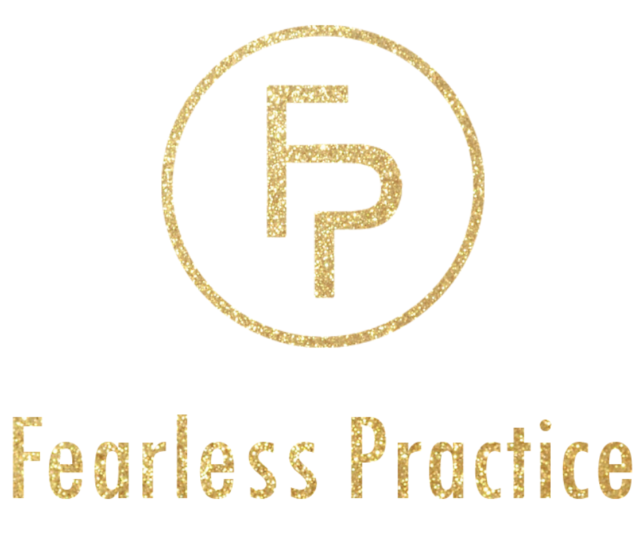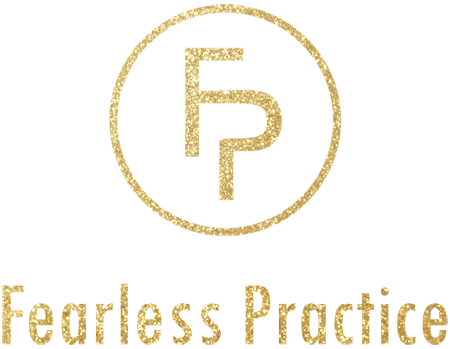DR. CHANDRA ASHTON: WORKING IN A CANADIAN NOT-FOR-PROFIT AND ENJOYING IT! | EP 106

Have you worked in a not-for-profit organization before? Do you tend to steer clear from not-for-profit counselling positions due to common bad stories from what it could be like? Do you think all not-for-profits are the same?
So many therapists go into therapy because they feel a need and a desire to support and serve their communities. However, it can become tough, expensive, and challenging – but this is not the case across the board! If you’re lucky, you can find Canadian not-for-profit practices that are aligned with your values, and you can see clients and do work that feels fulfilling to you and that you know is going to places where the need is greatest.
In this podcast episode, I chat with Dr. Ashton about her experience running her own solo private practice while working full-time for a not-for-profit practice, and how much she enjoys it!
As you know I’m all about seeing you succeed in your Canadian private practice, so in the spirit of keeping things real, check out my Tools and Deals page where you can get free access to my online private practice checklist, as well as discount codes and subscriptions specials on EMRs, website builders, and online practice essentials. Visit fearlesspractice.ca/deals to claim your discount codes and to get more info!
MEET CHANDRA
Dr. Ashton has worked as a therapist and parent coach in private practice and not-for-profit settings, and through contracted service for various agencies and educational institutions throughout her career. She provides services in ASL, English, and Spanish and values creating a culturally safe and self-empowering practice. She has found her greatest joy when adapting mainstream interventions in creative ways to best walk alongside marginalized and underserved populations.

Learn more about Dr. Ashton and connect with her on her website or via her email address
In this episode:
- Be intentional about working as a therapist
- Working in a not-for-profit practice
- Handling work without burning out
- Pros and cons of being a not-for-profit therapist
Be intentional about working as a therapist
‘I think I’m really recognizing that this journey into becoming a therapist, although it is sequential and there [are] degrees and there is experience that led me [to] where I am, it’s really more of an origin story for me.’ – Dr. Ashton
For Dr. Ashton, her journey into Canadian private practice has been deeply informed by her desire to be aware of her position, ancestry, the land that she occupies, and how she wants to serve and assist her community.
She brings that awareness into her work by choosing to be intentional about how she practices therapy, which services she offers, and which clients she works with.
Working in a not-for-profit practice
Dr. Ashton had gone through an 11-year journey in working through agencies and other private practices before being hired as a full-time therapist at Terra Centre in Edmonton
When Dr. Ashton first started working through an agency in private practice, she started in a not-for-profit. She was paid a percentage of what the client’s paid, and the rest of the money went to maintaining the office space and paying for bills.
However, once she started doing her P.h.D and had children, she knew that she needed to start looking out for her family by finding work that was more reliable.
Instead of following private practice as her source of only a job or form of income, Dr. Ashton decided to work for an organization that offers income, vacation, and health insurance so that her private practice could be devoted to underserved populations that can’t afford therapy.
‘The need for me really was stability, and benefits, and health insurance and sick days, especially as a parent … And so when the opportunity came up serendipitously, Terra Centre that I had done some work with in the past was now hiring a full-time mental health therapist which is [uncommon] in the not-for-profit health sector.’ – Dr. Ashton
Handling work without burning out
‘I think it’s passion. You know, one of the things you ask the people on these podcasts to share with others, like the message we want to pay forward; I think the adage of love what you do and you’ll never work a day in your life i think is really true.’ – Dr. Ashton
It’s not that it’s not tough. Working as a therapist can be incredibly taxing as it is rewarding, and you need to have strong boundaries in place with yourself and others so that you don’t lose yourself in the lives of others, or bring work home with you.
However, if you like what you do and you enjoy the work – besides the few very tough days here and there – it is easier not to burn out. At least, not from a lack of passion and having to force yourself to work.
Pros and cons of being a not-for-profit therapist
For Dr. Ashton, working in her private practice means building a working relationship with her clients where she knows that they are receiving what they need and she is able to structure her job in the way that she wants to do it.
Sometimes when you work for another practice, you may have to:
- Limit how many sessions you can have with a client
- Stick to the modality that they want you to use so you cannot always change or adapt your therapeutic approach
- Deal with burnout from having to work a job that you haven’t structured yourself
Having that autonomy over your work is invaluable.
‘If there were more organizations like Terra, maybe more therapists would stay in not-for-profit and community organizations’ – Julia Smith
Even though Dr. Ashton has a small pay cut for her work in the not-for-profit practice, she feels that she gains so much because the work that she is doing feels important, sustainable, and appreciated by her clients and community.
‘You will take a pay cut, but what you gain, what I gain as a therapist … It’s not that different, and in the end my life is better because of that. And so, if there are people that are thinking that, it’s not for everyone … It’s challenging work and it does take a certain type of personality and motivation to do it, but I’ve met several others who are making a go of it … And it’s a growing field!’ – Dr. Ashton
Connect With Me
Resources Mentioned and Useful Links:
Ep 105: Ashley Schofield-McEachern: Transitioning from Nursing into Therapy | EP 105
Learn more about the tools and deals that I love and use for my Canadian private practice
Sign up for my free e-course on How to Start an Online Canadian Private Practice
Jane App (use code FEARLESS for one month free)
Learn more about Dr. Ashton and connect with her on her website or via her email address
Rate, review, and subscribe to this podcast on Apple Podcasts, Google Podcasts, Spotify, Amazon, and TuneIn


About Julia
Julia Smith, MEd, RCT, CCC is a registered Counselling Therapist who owns a group private practice in Halifax, Nova Scotia. She is also the owner of Fearless Practice Consulting and hosts the Fearless Practice podcast. Through the Fearless Practice podcast, she provides invaluable insights and practical advice on starting and growing a successful Canadian private practice. Julia’s wealth of knowledge also extends beyond the podcast, as she provides personalized one-on-one consulting to therapists who are feeling burnt out and overwhelmed with their solo or group private practices. With Julia’s expertise, therapists can confidently navigate the complexities of owning a private practice and find work life – balance.
Julia also has written articles for the Canadian Counselling and Psychotherapy association. You can learn more at www.ccpa-accp.ca/blog/.


